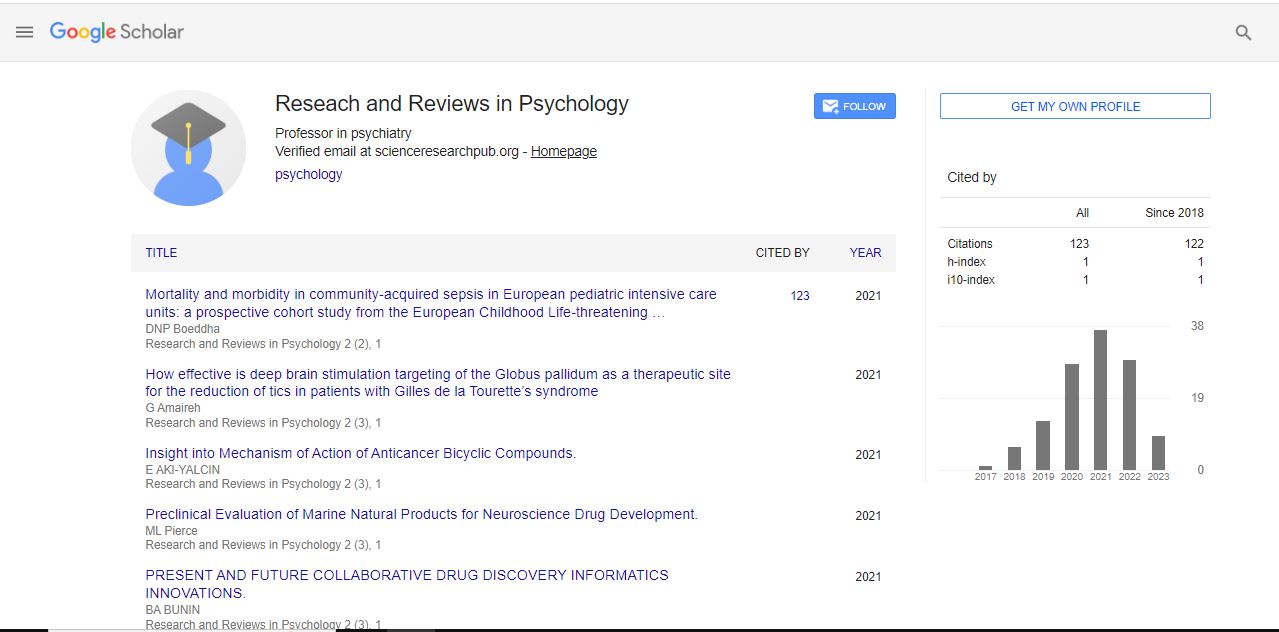Short Communication, Rrpy Vol: 0 Issue: 0
The Electroactive Signal for the Tau Peptide: Neuromolecular Imaging (NMI): A LIVE Nanotechnology for Alzheimer, Parkinson and Epilepsy Disease
Patricia A. Broderick
The City Univerity of New York School of Medicine, USA
Abstract
The Tau gene and its reported six Tau isoforms are known to be present in the brain of Alzheimer’s patients, When we attempt to discern Parkinson disease, Lewy Body Dementia and Alzheimer disease including other neurodegenerative disorders of asynchrony similar to epileptogenic seizures, we are met with a huge question mark as to both diagnose and treat because the central distinctions among these dreaded diseases are beset with confusing guidelines. To this point, previous post mortem studies have assayed Lewy Bodies, alpha synuclein, the amyloid precursor proteins and Tau but the limitations of “life after death” (post mortem) may simply add to mis-diagnoses. There is a need to cure the dementia of tauopathies! The BRODERICK PROBE® series of biosensors work by electrochemical detection and are comprised of carbon and/or carbon allotropes in one example and fiber optic proteins in another of the many examples. In the present study, the original carbon sensors, the carbon/lipid/phosphotidyl polymers were used to neuromolecular image Tau LIVE. The nanoprobe is unique from others as it is so tiny that it can be used anywhere and for any length of time; the operationally stable biomedical biosensors/nanoprobes do not cause gliosis (scar tissue) nor do they produce infection (bacterial growth). The results show that the nanoprobe acts to image Tau through mechanisms of phosphorylation. The LIVE electroactive image for Tau in the precise striatal basal neurons of the living Parkinson subject is actually seen here, online and within seconds likely as a metal complex, phosphorylated in a Parkinson subject. Thus, the elusive nature of Tau is further elucidated as a dynamic redox reaction occuring LIVE in the brain of the living Tau patient and animal via the BRODERICK PROBE®. Accepted as Clinical Paper/Technical Report by MedCrave (Case Reports Journal), April, 2021...
 Spanish
Spanish  Chinese
Chinese  Russian
Russian  German
German  French
French  Japanese
Japanese  Portuguese
Portuguese  Hindi
Hindi 